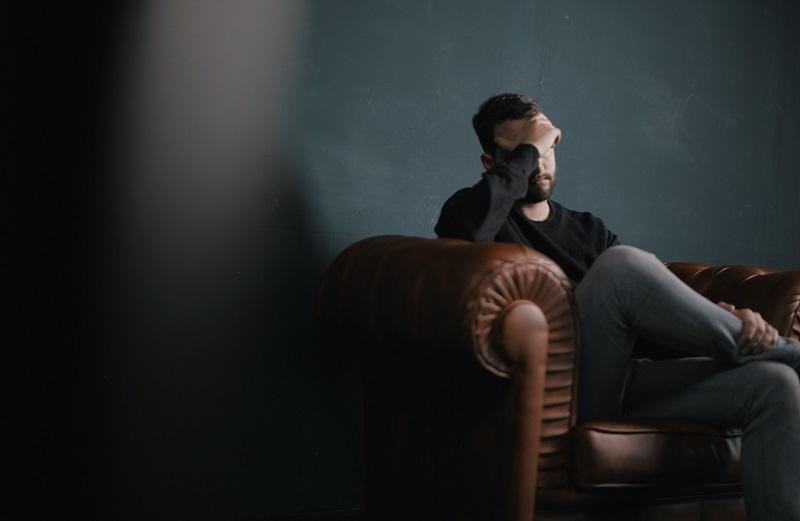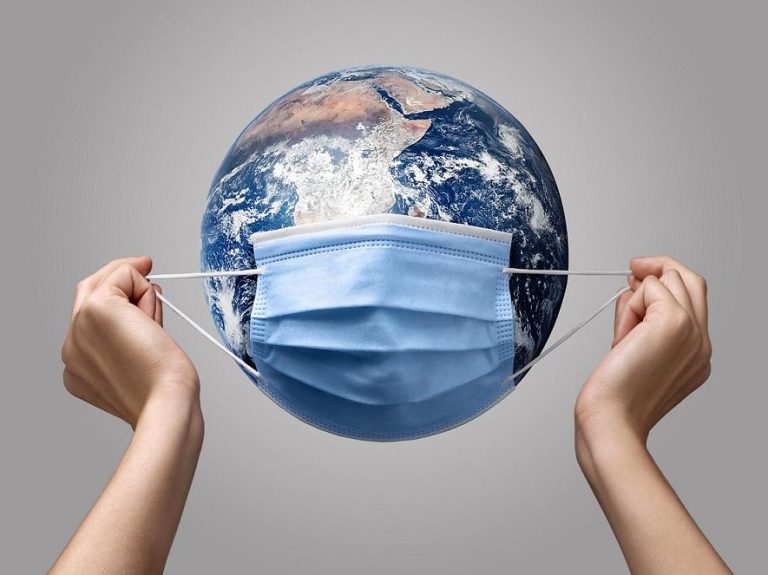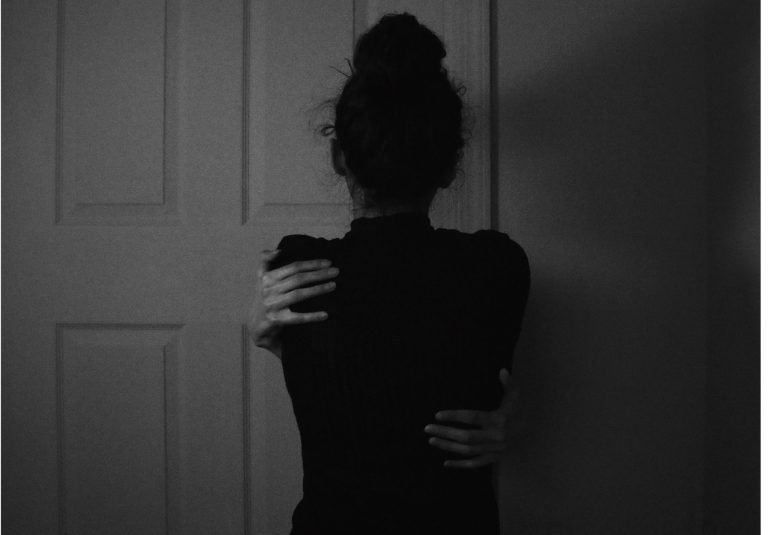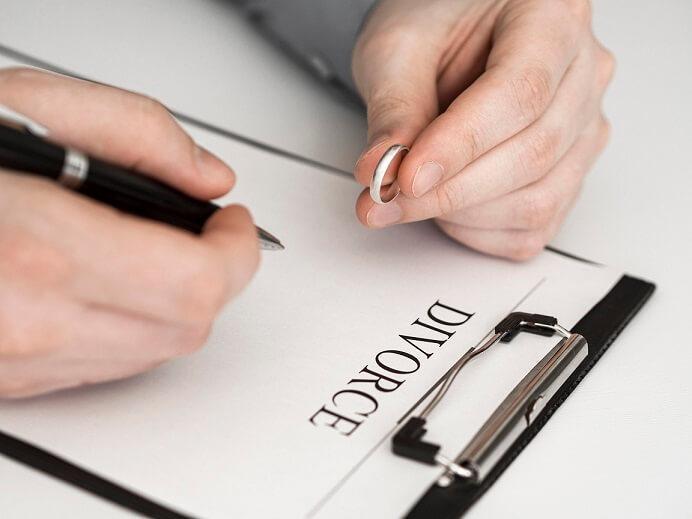10 Ways How Divorce Changes a Man
Ok, here’s a nod to all of us guys out there. How many of you can remember a time before MapQuest? When MapQuest was just a map? Have you ever had a journey where you really should have stopped to ask for directions, but you didn’t?
Men aren’t supposed to need help with directions. Or with instructions to that new flat pack that just arrived. Or with emotional challenges. We often learn young that asking for help is a sign of weakness. And so, our needs go unmet all too often, and we set ourselves up to handle the hardest parts of our journey alone.
Divorce is one of the most challenging experiences anyone can have. When a marriage breaks down, everyone suffers, both men and women and the children they share. We’ve all heard about the effects of divorce on women and on the children of divorce, but we rarely hear about men after divorce.
Our society demands that men be strong. But part of being strong means learning to honor our feelings and our needs. Divorce is an emotional wrecking ball, and no one escapes unscathed. The emotions of a man going through divorce often range the spectrum from anger to grief, usually with a few covert stopovers to dread and anxiety. Forewarned is forearmed, so let’s take a look at what divorce does to a man, at how it impacts his life and his health.
1. Drastic Decline in Health

Who loves statistics? If you have never looked into the physical effects of divorce on adults, it may surprise you how deeply divorce hurts men. So let’s take a peek at the numbers:
- A recent study from Harvard Health found that divorced men tend to have significantly shorter lifespans, along with a higher risk of cancer and an 82% higher chance of dying from heart disease.
- According to another recent article, divorced and unmarried men have a 250% higher mortality rate.
- And the Huffington Post cites a 30% higher chance of heart attack in men who have been divorced twice or more.
There are many factors that contribute to the long-term effects of divorce on adults. On the physical and biological side of things, our bodies produce stress hormones during times of crisis. These hormones lead to inflammation, which dominos into other factors like immune function and heart health.
Men after divorce often make unhealthy lifestyle changes. For example, divorced and widowed men often have poorer diets than their married counterparts and are more likely to drink, smoke, and take risks. They’re also less likely to keep up with medical checkups and preventative care.
As you can see, many of these health issues can be managed, some eliminated altogether. But to even begin to think about our physical health, we first have to deal with the emotional pain and psychological crisis.
2. Losing Identity
It doesn’t stop there. In addition to the physical divorce effect on men, it’s common to see divorced men experience higher levels of depression, isolation, and loneliness. Emotional pain is damaging to the body when suppressed. And it hurts, so we do things to chase the pain away or to find a momentary respite, a few seconds when we can feel alive again. Just something to cut through the emptiness.
If this hits home, I get it. It can feel like the center of our lives, everything that we built our lives around, has crumbled out from beneath us. If the relationship went deep, then you’ll find yourself feeling lost after divorce. In those really challenging moments, you may ask yourself, why am I still here? Everything I cared about, my whole reason for being is gone. What’s left?
After my own divorce, I wallowed in that feeling for a while. And then it started to ebb off, just a teeny bit. Just enough for me to say, “Ok. I’m still here. What am I going to do with it? I have a life. I have time. I am still making choices, and these choices have an impact on the world. What kind of impact do I want to have?”
Finding yourself after a divorce is a deeply personal journey. No one else can tell you how to make your life worth living again. What will make life feel good, what will make you feel alive once more. No one else can tell you what you really care about, what impact you would like to make with this precious gift of time and life. In order to answer these questions, we have to get still and listen. We have to process our feelings, instead of running from them.
3. Rushing into New Relationships

There’s nothing like a new relationship to help us forget about the old one. But there’s a problem here. It’s all too easy to turn a new relationship into a band-aid. To turn to someone new, someone that we can talk to without all the old arguments popping up, someone that seems easier to relate to. Just someone.
Hard truth time. If we don’t deal with our old relationship patterns, we’ll bring them into our new relationship. When dating during a divorce, we bring all the stress and conflict of the divorce with us. Whatever baggage we have around relationships, around potential partners, around what we expect in partnership, all of that gets showcased for our date, whether we mean to share it or not.
Relationship during divorce is a tricky business at best. If the new relationship lasts any length of time, the same old patterns are likely to show up. The same things that caused our last relationship to fail come back out to play. Reset the stage and start the play over again.
It takes time to recover from divorce, from the loss of our primary partnership, and the life we were building together. We need time to get our legs back under us and figure out where we’re going before we pull someone else into the journey.
That said, sometimes a new partnership comes in during divorce, and it’s a healing journey, exactly the thing we needed most. If this connection helps you to look back on what you’ve experienced and make peace with it, then it helps you to heal. If not, then be ready for those feelings and old relationship patterns to come back for an encore.
4. Losing of Financial Resources
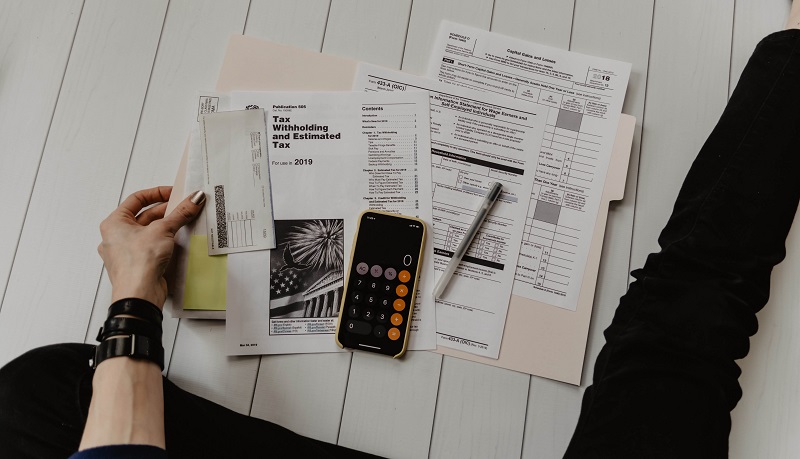
When we see a man going through divorce, we see someone whose life is in the process of being shredded. On every level. Challenges to physical health, emotional crisis, and unhealthy coping patterns start to come to the fore. To make matters worse, the security and financial stability that we have been creating with our partner has just gone out the window. When the dust begins to settle, we look in the mirror and see a broken man after divorce.
Both men and women suffer from the financial impact of divorce. In many cases, whatever money there was to begin with was split in half. And it’s more expensive to support two homes than one, so the money doesn’t go nearly as far. It is not uncommon for men to go through years, even decades, of financial problems after divorce. It can feel like we’re in over our heads, working as hard as we can just to stay afloat.
This does pass, but it takes time, patience, and at least a little bit of positivity. Financial hardships are one of the main stressors of modern life. There’s always something to stress about when it comes to finances, no matter how well off we are. Try to find the little things that make life worth living while slowly moving towards greater security and stability. A change in perspective doesn’t make our problems go away, but it does make them more manageable.
5. Trust Issues in Future Relationships

Is there life after divorce for men?
I can only speak from my own experience. That said, my answer is yes. Not only is there life, there is an opportunity to live more deeply, more meaningfully, and more joyfully.
Not at first. At first, it hurts, and we’re lost, and we don’t have a clue what we’re doing or why. And we have to sit with this, to really feel it. To explore what we did, or what we didn’t do, all the ways that we played a part in the divorce. The mistakes we made. We have to sit with this and learn from it, feel the feelings, and create some space around them, or we’re going to do the same thing next time. We can have happiness after divorce if we go through this crucible and decide what we would like to do with the time we have left.
One of the first things we run into when getting back in the game, when opening up to new people, is relationships trust issues. We’ve just been hurt deeply. We’ve just had the rug pulled out from under us. With all this going on, trust issues after divorce are natural and to be expected. But here’s the thing: when we put all the pressure of those trust issues on our new partner, we create problems in our new relationship. That’s not fair to anyone.
When we don’t believe that we can trust a partner, we’ll tend to be jealous, suspicious, and controlling. Most of it unconsciously, and all of it from fear. If we want our new relationship to have a chance, we have to sit with this fear. Listen to it, and let it go. Then we may have emotional space for a healthy interaction. We may be able to make space to show up for the other person rather than being stuck in our fears and expectations.
6. Assumption of Blame & Guilt
Let’s look a bit more closely at the emotional effects of divorce on men. When something painful happens, it’s human nature to start pointing fingers. We feel hurt, and we want to blame someone or something for the pain. We want something that we can defend ourselves from, rather than this pain inside that’s so much harder to fight.
To top it off, divorce is generally considered a failure. It’s all too easy to start thinking that we have failed at our relationship and we have failed at life. As soon as we stop blaming others, we start to turn that finger toward ourselves. This is what causes self-blame. We blame when we cannot accept. When we cannot forgive.
Whether we’re angry, plagued by anxiety, or overwhelmed by despair, it all comes from a lack of acceptance of our situation. From a lack of forgiveness for ourselves and our ex-partner, and an inability to move on.
How to stop blaming yourself for a failed relationship
Going through a divorce means grieving. Grieving the loss of our partner in our lives, grieving the loss of the life we were building together. There’s a process to grieving. In fact, there are stages of grief that every human being goes through, on some level, in some way, after a loss. We all go through it in our own way, so these stages don’t always come in the same order. But the overall journey is one from shock and denial to eventual acceptance, and from blame to forgiveness.
Here’s an overview of the stages of grief:
- Shock and Denial – “I can’t believe this is happening to me. It can’t be happening.”
- Pain and Guilt – “It hurts. And it’s my fault.” We may want to do anything we can to make the pain go away, but temporary measures like drugs and alcohol only make things worse. This is when we really need to open up and talk to someone.
- Anger and Bargaining – We start raging, trying to do something to change the situation, bargain it away. At this point, we need a healthy focus for all that energy.
- Depression – Once we run out of fight, the sadness sets in. The same sadness we’d been trying to chase away this whole time. At this point, we need to feel it without wallowing. Just breathe through it. One day at a time.
- Acceptance – This is slow. We can’t rush it, but over time, we find that it’s been a good day. That we have enjoyed some moment or experience. The weight begins to lift. We don’t get to this point until we at least start to open up to our feelings. The major breakthrough comes when we can begin to imagine a life without our partner, a life that we want to live.
7. Constant Feeling of Anxiety & Stress
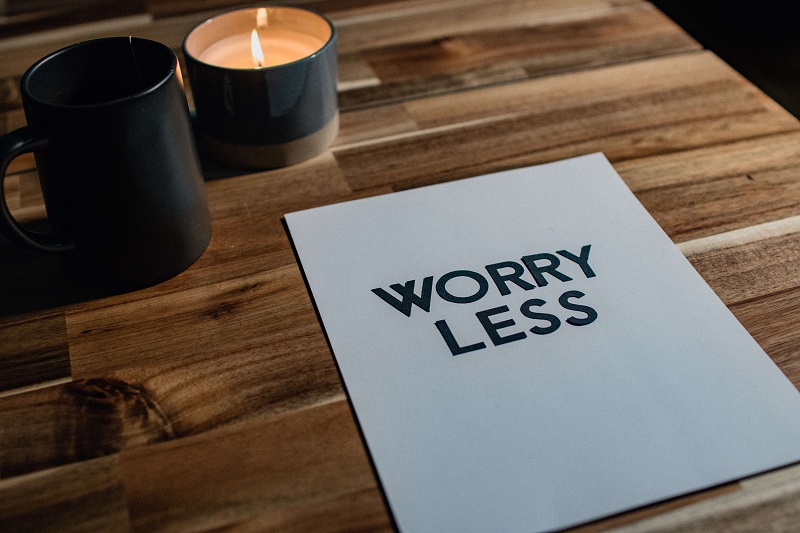
The effects of divorce upon men are only now beginning to get the attention they deserve. Male depression after divorce is a real thing, a life challenge that cuts to the bone. It’s not uncommon to experience divorce panic attacks, and some are even plagued by constant anxiety after divorce.
First things first: if you’re having a panic attack, slow down and breathe. Whatever you need to deal with, whatever you have to handle, you’ll handle it more effectively after you’ve collected yourself. Just… Breathe…
We overcome anxiety one breath at a time. It’s not easy, and it takes patience. But there is a light at the end of the tunnel. After divorce, we are learning a new center, a new way of being. Give yourself the time you need to make this transition. Journal or share your thoughts with people you trust. And most importantly, know that the change is coming, and it’s a change for the better.
8. Loss of Interest in Social Activities
One of the divorce emotional stages is characterized by a lack of interest. A lot of men find themselves losing interest in everything after divorce. With such a weight of grief and pain, it can seem as if all of the joy drains out of life.
We all need alone time. And no one can tell you how much you need; no one knows your needs and feelings like you do. That said, it comes to a point where we need to connect with others. We need real human contact, real interaction.
It may feel like we have to force ourselves to get out and interact with people, but it’s worth it. Just listen to your limits, and seek out social interactions that give you a chance to really share your thoughts, to speak about what’s going on with you with those you trust.
9. Difficulty Adapting to Changes
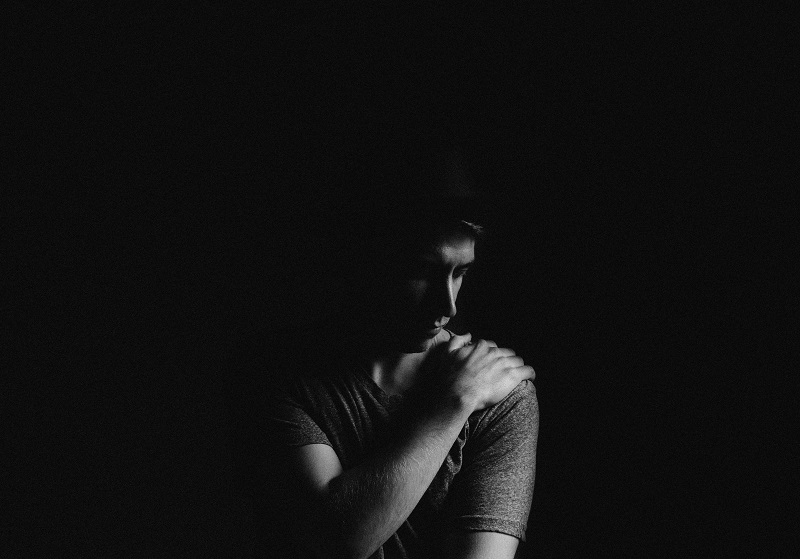
The longer the marriage, the more time we have to develop habits and routines, grow with one another, and form a shared container for our life experiences. But no matter the length of the marriage, divorce is hard. It’s a massive adjustment on every level, and it can be really difficult dealing with change in life, considering it is a major one.
Adjusting to change is especially difficult when we can see only pain on the horizon. But the pain will fade with time and with a willingness to face it courageously. We now have the opportunity to ask ourselves, what do I really want? What do I want in my life? And once we find some answers for ourselves, we will be able to make changes to create a better future.
10. Engaging in Risky Behaviors

Surviving divorce, for men, means learning to channel our hurt and anger into healthy, constructive outlets. Many studies have shown a link between divorce and risk-taking behavior in adults, which makes perfect sense. With so much going on inside, sometimes we just need to feel alive. At the same time, if we take risk-taking behavior too far, we endanger ourselves and others.
Another, often healthier approach is to take up an exercise routine. Start running. Start walking. Do whatever you can to start feeling alive in your body. You will thank yourself later for making a healthy choice over the one that can leave you damaged. What you do in this moment matters, even if it doesn’t seem like it.
How To Cope with Divorce as a Man
Healing after divorce takes time.
It’s pointless to ask who suffers most in divorce because everyone’s suffering is unique. Both parties walk away wounded, as do their children and anyone else connected closely with their life. At these times, it’s important to have support. To have someone you can share your thoughts with, and healthy space to process the feelings when they come up. Which they will.
Divorce recovery sets us face to face with all of our old feelings, everything that keeps us from moving on. Divorce counseling for men is especially important, as we tend to hide our feelings and put a brave face on things. Even if we don’t need any help, sometimes we need to talk, be seen, and heard.
The Takeaway
If someone were to ask me right now how to prepare for divorce as a man, this is what I would say:
This chapter of your life is coming to a close. No matter how much it hurts right now, remember that this person, this life you shared, was good for you. It shaped you, taught you. You would not be who you are now without it. To handle divorce gracefully, make sure to take some time alone. Think about all of those things that you’ve wanted to do or learn. Now’s the time. Think of childhood dreams that you put on the shelf for your marriage. It’s time to dust them off.
Moving forward after divorce isn’t easy. There’s nothing that can make the pain go away except feeling it. And then, learning how to channel those feelings in a way that makes you stronger, wiser, and kinder.

